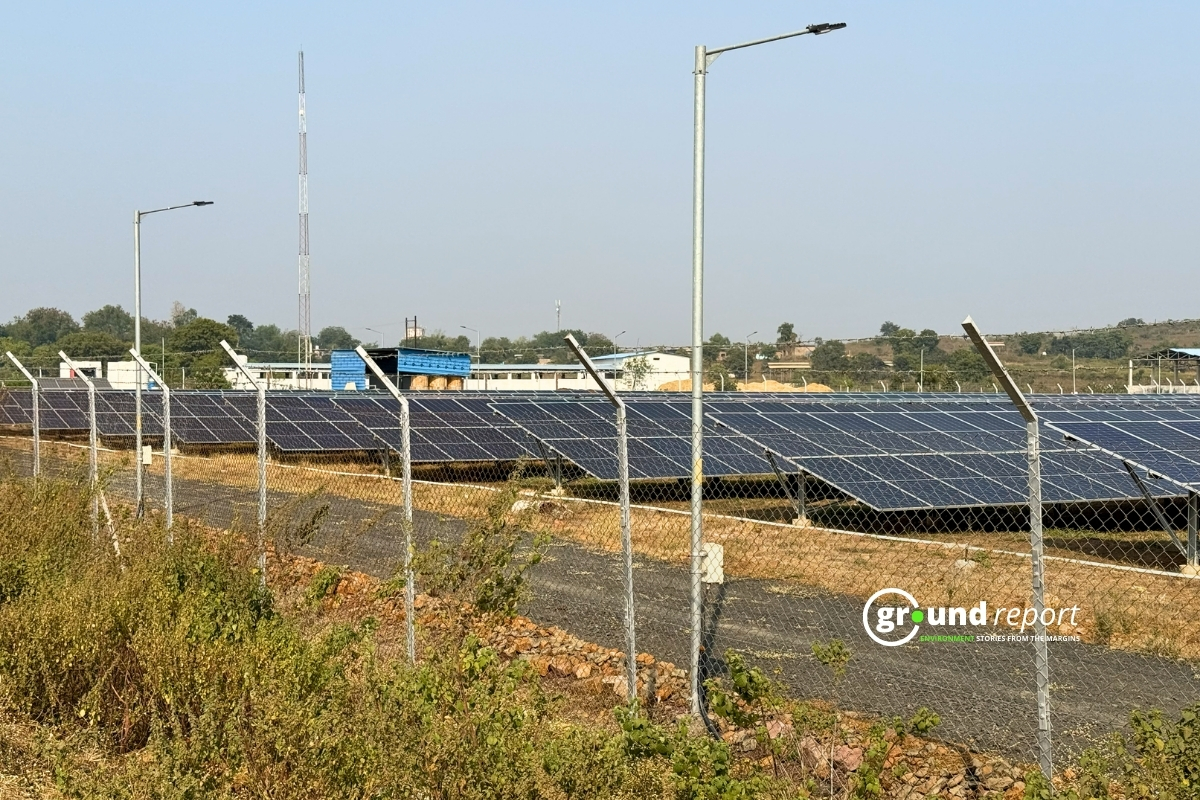The world is significantly shifting towards renewable energy sources to combat climate change and achieve sustainable development. Electrification, powered by renewable energy, is emerging as a critical driver of this transition. By replacing fossil fuels with clean energy alternatives, electrification offers a pathway to a sustainable future. In this blog post, we will explore the rise of renewable energy and how electrification is revolutionising various sectors to drive sustainable solutions.
The Power of Renewable Energy
Renewable energy sources, like geothermal, wind, solar, hydro, and geothermal, play a pivotal role in the global energy transition. Unlike fossil fuels, these sources are abundant, widely available, and produce little to no greenhouse gas emissions. Renewable energy technologies have experienced significant advancements, making them increasingly cost-effective and efficient. As a result, the deployment of renewable energy systems has surged, with renewable generation capacity exceeding fossil fuel capacity in many regions.
Electrification: Transforming Industries
Electrification involves replacing traditional fossil fuel-powered technologies with electric-powered alternatives. This shift is transforming various sectors and enabling sustainable solutions across industries.
- Transportation: Electric vehicles (EVs) are gaining momentum as a sustainable alternative to traditional internal combustion engine vehicles. EVs produce zero tailpipe emissions and reduce dependence on fossil fuels. With the expansion of charging infrastructure and advancements in battery technology, EVs are becoming more practical and affordable. Electrifying transportation is not limited to passenger vehicles; it extends to public transportation, shipping, and logistics, contributing to a cleaner and greener mobility ecosystem.
- Buildings: Electrification is crucial in decarbonising buildings, accounting to a large portion of global energy consumption. By transitioning from fossil fuel-based heating systems to electric heat pumps, buildings can reduce greenhouse gas emissions while maintaining comfort. Furthermore, smart grid integration and energy management systems enable efficient energy consumption, optimising renewable energy sources.
- Industrial Processes: Electrification reshapes industrial processes, offering cleaner alternatives to traditional manufacturing practices. Electric-powered machinery and equipment replace fossil fuel-driven machinery, reducing emissions and improving energy efficiency. Electrification also enables the integration of renewable energy sources into industrial operations, ensuring a greener and more sustainable manufacturing sector.
- Agriculture: Electrification revolutionises agricultural practices by providing sustainable energy solutions for irrigation, crop processing, and farm operations. Solar-powered pumps and electric equipment replace diesel-powered systems, reducing emissions and operating costs. Electrification also enables the adoption of precision agriculture techniques, optimising resource utilisation and minimising environmental impact.
Benefits of Electrification and Renewable Energy
- Reduced Carbon Footprint: Electrification, powered by renewable energy, significantly reduces greenhouse gas emissions compared to fossil fuel-based systems. This transition contributes to global efforts to mitigate climate change and limit global warming.
- Energy Efficiency: Renewable energy sources and electrification offer higher energy efficiency than conventional systems. Electric motors, for instance, are more efficient than internal combustion engines, reducing energy wastage and improving overall system performance.
- Energy Security and Resilience: Renewable energy sources are domestically available, reducing dependence on imported fossil fuels. By diversifying the energy mix and promoting distributed generation, electrification enhances energy security and resilience, particularly in remote areas or during natural disasters.
- Economic Opportunities: The transition to renewable energy and electrification presents significant economic opportunities. The renewable energy sector has witnessed substantial job creation, technological advancements, and investment growth. Electrification also fosters innovation, stimulating new industries and business models.
The rise of renewable energy and the widespread adoption of electrification drive sustainable solutions across various sectors. With renewable energy as the foundation, electrification offers cleaner alternatives to traditional systems, reducing carbon emissions, improving energy efficiency, and promoting sustainable development. Embracing electrification and renewable energy sources is crucial for mitigating climate change and fostering economic growth, enhancing energy security, and building a sustainable future for generations to come. Governments, businesses, and individuals must continue supporting and accelerating this transformation towards a greener, electrified world.
Support us to keep independent environmental journalism alive in India.
Keep Reading
What is Green Hydrogen? Could it change energy in South Asia?
Blue hydrogen is worst for climate: study
How Increasing space traffic threatens ozone layer?
Hydro Fuel Market: India’s current scenario and the future ahead
Natural Gas is a Misleading term, It is not Natural and clean at all
Follow Ground Report on X, Instagram and Facebook for environmental and underreported stories from the margins. Give us feedback on our email id greport2018@gmail.com.
Don’t forget to Subscribe to our weekly newsletter, Join our community on WhatsApp, and Follow our YouTube Channel for video stories.









